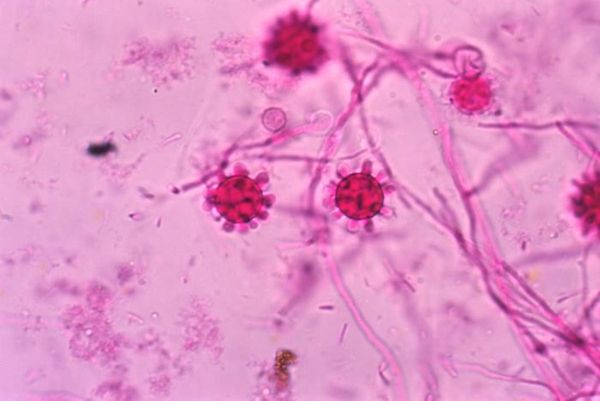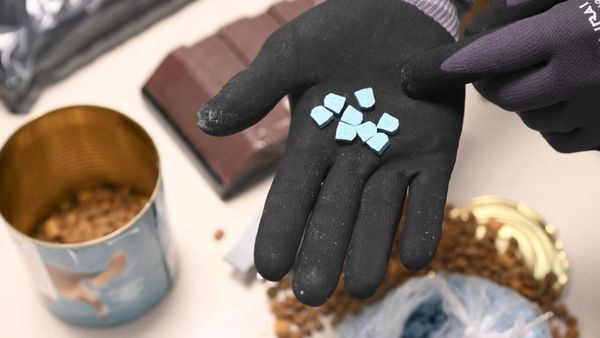The foot-and-mouth disease (FMD) outbreak in Indonesia has brought northern Australia's live export trade almost to a halt and created chaos in Indonesia's food supply chain.
Indonesia has begun a national vaccine rollout for FMD but the disease continues to spread, with more than 200,000 cases now recorded across 19 provinces, according to Australia's Department of Agriculture.
Dick Slaney works for Indonesia's largest dairy producer, Greenfields, which milks about 8,000 cows in Java.
He said FMD had created "chaos" in local markets.
"The impact is massive. We're seeing a drop in milk production of between 30 to 50 per cent across the [Java] region," Mr Slaney said.
"The market is full of cattle being sold by small farmers, with the reason that the [cattle] are sick or they are simply afraid of the disease, and they want to sell their cattle before they get hit by foot-and-mouth.
Mr Slaney said the price of cattle in some local markets had halved in the past two months.
"I've heard from a friend that they can't even sell a box of meat now," he said.
Live export contracts cancelled
Haydn Sale oversees eight cattle stations across Western Australia's Kimberley region and is the general manager of the Argyle Cattle Company and Yougawalla Pastoral Company.
In what is usually the most active months for the live cattle trade, Mr Sale said shipments had effectively stopped because importers were reluctant to buy expensive Australian cattle during such uncertain times.
"We've had contracts cancelled. We've had no deliveries to that trade for probably nearly four weeks now," he said.
"We're a bit lucky in that the restocker trade on the east coast is still fairly strong, so we've been finding some domestic markets for them at a lower price."
Data from the Darwin Port and Broome Port shows the slow-down in live cattle exports over the past few weeks,
About 17,000 head of cattle have been shipped out of Darwin in June — down from nearly 30,000 in June 2021.
In Broome, just 11,500 head were exported in June, down from 25,000 in the same period last year.
In another sign of the trade slowing down, Meat and Livestock Australia's new Live Export Price Indicator is no longer being updated.
"Due to subdued trade activity and significantly reduced throughput, the Live Export Price Indicator will now report on an ad-hoc basis until Indonesian feeder cattle volumes recover to levels that enable the calculation of reliable price summaries," the MLA said in a statement.
MLA is now predicting Australia's live cattle exports will drop significantly this year by 33 per cent from 772,000 to 500,000 head.
Mr Slaney said the slow-down in cattle exports from Australia would have a delayed impact in Indonesia.
He hoped the vaccine rollout would be successful and stabilise the situation, but felt there was a lot of pain ahead in the short term.
Kimberley abattoir ready to expand
Northern WA's only large-scale abattoir reopened just two months ago, following an 18-month closure, and is now taking stock that would normally be destined for the live export trade.
Chief executive of Yeeda Pastoral Company, which owns the abattoir, David Larkin, said he was working towards expanding the daily processing capacity from 200 to 300 head of cattle.
"Ultimately that [live export slump] will mean probably more cattle processed locally," he said.
"We're now getting cattle from across northern WA and the Northern Territory."
Mr Larkin said when the live export trade to Indonesia was suddenly banned in 2011, northern WA did not have any abattoirs.
He felt the industry was much better placed in 2022.
"Next year we plan to do more than 80,000 cattle. We will also expand the type of cattle we do other than cows and bulls," he said.
Meanwhile, the abattoir near Batchelor in the Northern Territory is set to resume processing on July 4 after more than six months of being out of operation.







